T4K3.news
Tariffs and conflicts shape a turbulent week
Tariffs on more than 60 countries take effect as Gaza escalates and Trump plans to meet Putin, signaling tense times ahead.

A week of major policy moves and geopolitical tensions tests markets and diplomacy.
Tariffs and War Risks Dominate a Turbulent Week
The United States imposed tariffs on more than 60 countries and the European Union, signaling a shift toward protectionist policy and raising costs for importers and consumers. Economists warn the move could slow growth and push inflation higher as supply chains adjust. In the Middle East, Israel signaled it will take control of Gaza City, intensifying the war with Hamas and increasing humanitarian risk as the Gaza Strip faces famine. In Washington, President Trump signaled readiness to meet Vladimir Putin on Ukraine, a diplomatic development that could reshape how the United States engages with Moscow. Outside the headlines, the week offered lighter pieces on museum trips and veteran support projects, providing a human counterweight to the big policy events.
Key Takeaways
"Tariffs are a tax on everyday life"
A consumer advocate highlights price pressures from the policy
"Diplomacy is the engine that steadies markets amid policy shocks"
Analyst urges restraint to keep markets calm
"The Gaza escalation adds pressure to already fragile humanitarian efforts"
Describes the developing crisis in the region
"Leaders must balance security with humanitarian concerns"
Editorial assessment of leadership challenges
The week highlights a pattern where policy moves collide with global flashpoints. Tariffs reflect a shift toward protectionism that could create price pressures for households and a slower economy if trade partners respond with retaliation. The Gaza escalation adds humanitarian and geopolitical risk, complicating any chance at renewed ceasefire talks. The prospect of a Trump Putin meeting signals a readiness to bargain, but it also raises questions about how real progress can be made when wars and domestic politics pull the stage in opposite directions. Taken together, these events underscore how economic policy and international conflict now travel in the same traffic lane, affecting investors, policymakers, and ordinary people alike.
Highlights
- Tariffs are a tax on everyday life
- Diplomacy should be the engine not a casualty of policy
- War and policy collide in a fragile week
- Leaders must balance security with humanitarian concerns
Political and humanitarian risk from escalating conflicts and policy shifts
The article covers tariff policy alongside a major armed conflict and potential diplomacy with Russia. These topics carry political sensitivity and may provoke public reaction, budgetary considerations, and investor sentiment shifts.
The week leaves readers watching for how much policy can bend before markets and people bend back.
Enjoyed this? Let your friends know!
Related News
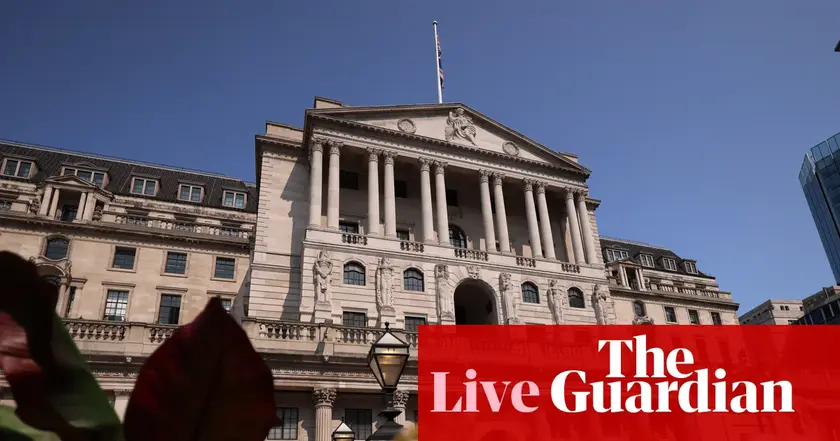
Trump tariffs take effect; Bank of England set to cut rates
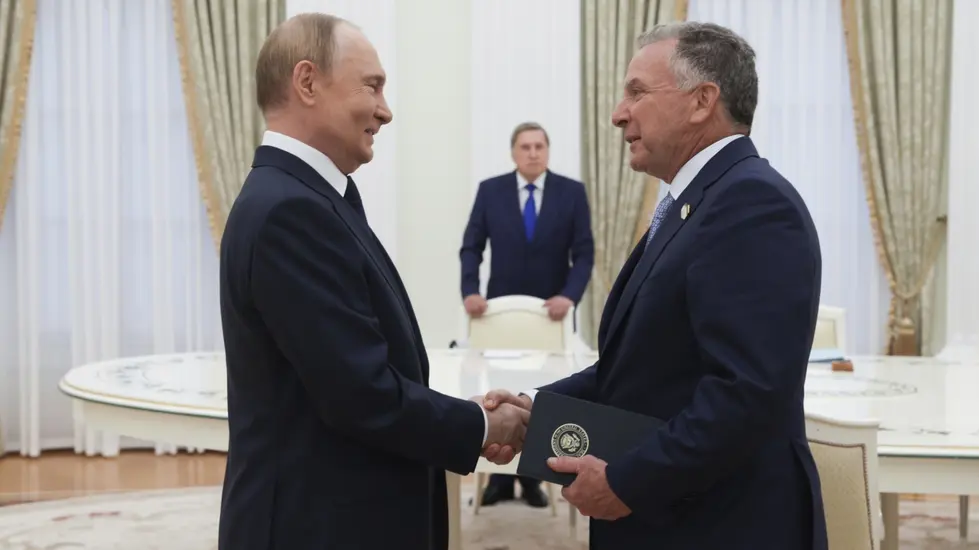
Trump and Putin plan meeting to discuss Ukraine
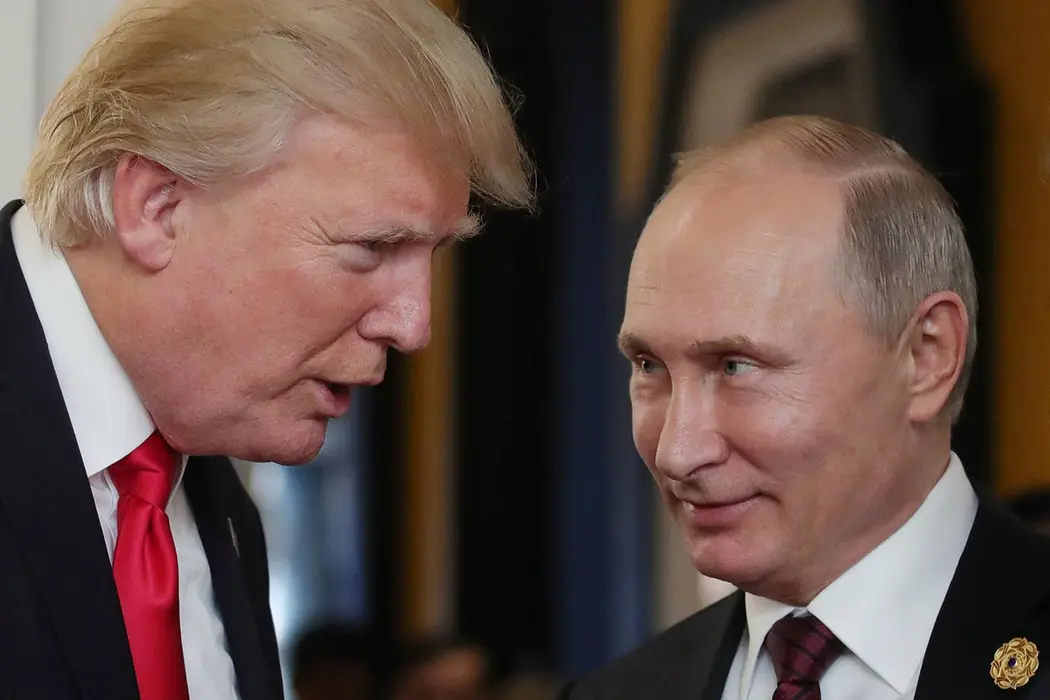
Trump escalates conflict with Russia over Ukraine
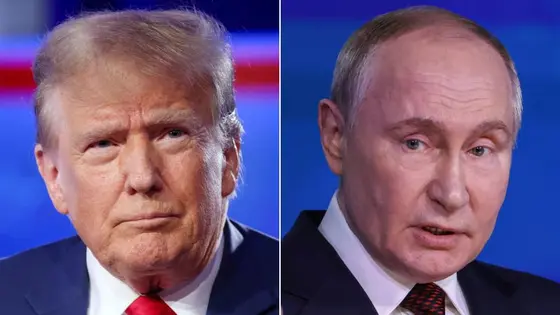
Trump plans talks with Putin as sanctions loom
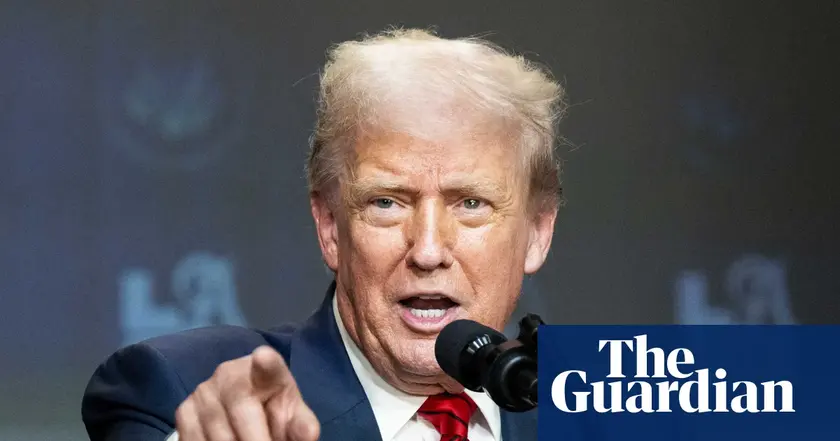
Trump's deadline for Russian ceasefire approaches
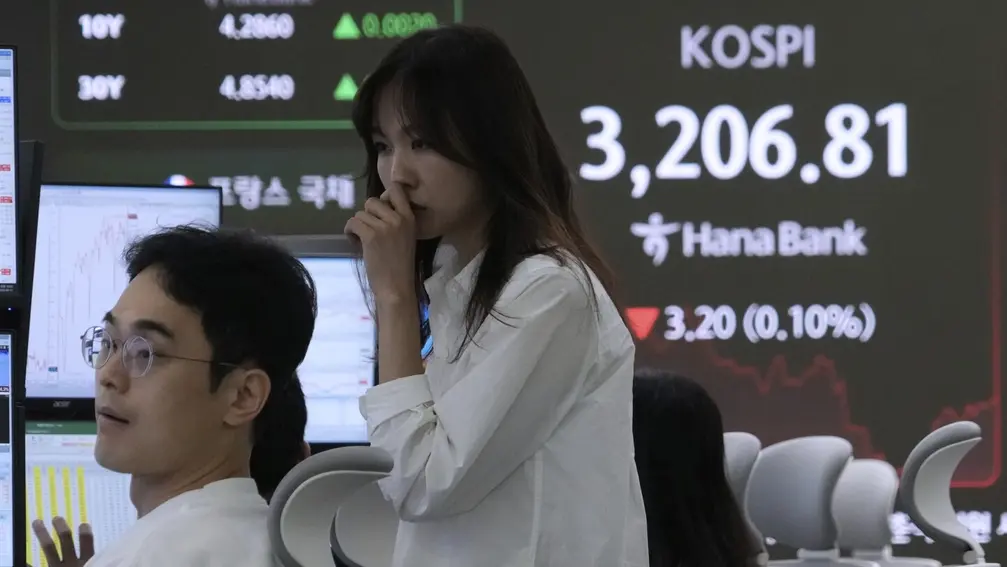
Markets mixed ahead of tariff deadline
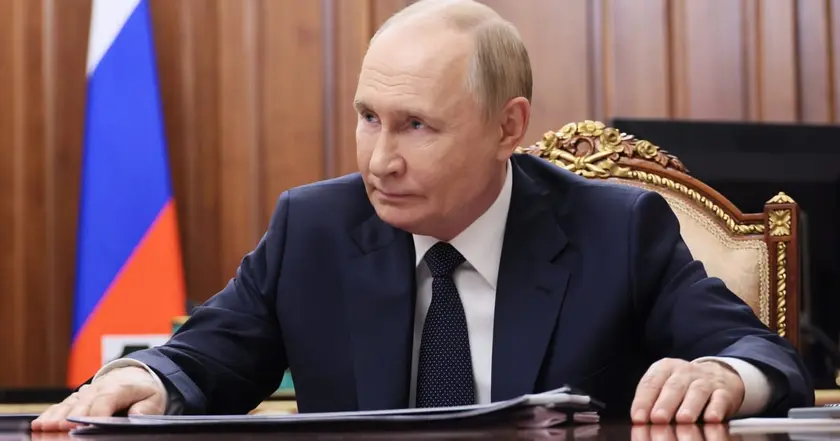
Putin is ready to meet Zelenskyy after groundwork is set
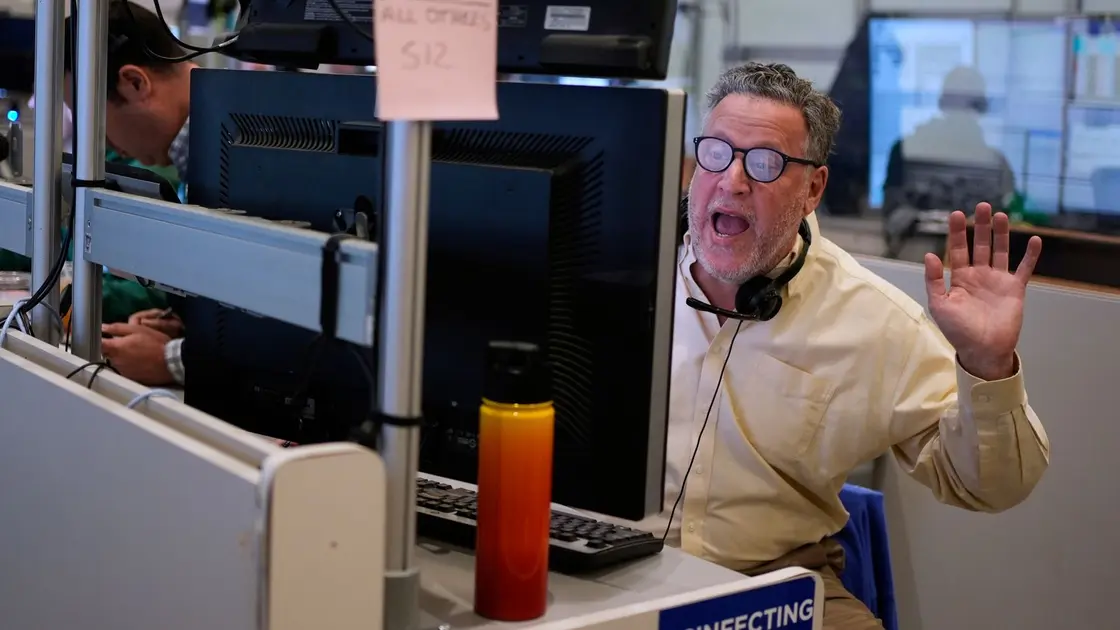
US stock markets tumble after Trump's tariff announcements
